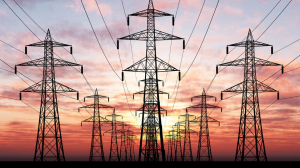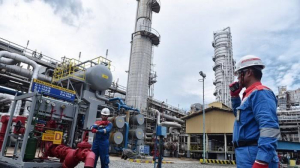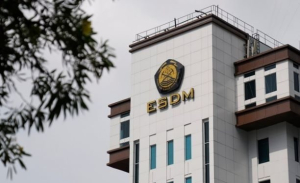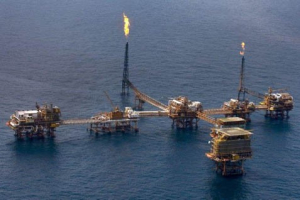Indonesia seeks real investment commitment as downstream policy bears fruit
Minister of Energy and Mineral Resources (ESDM) Bahlil Lahadalia reaffirms Indonesia’s commitment to its downstream industrial policy, urging foreign investors to move beyond proposals and deliver concrete commitments to support the country’s ambitions in value-added mineral processing and clean energy.
He cited the significant economic gains made through the government's decision to halt raw nickel exports in favor of domestic processing.
“In 2017–2018, nickel exports stood at just around US$3.3 billion. After we implemented the downstreaming policy, exports rose sharply to US$34 billion in 2023, and nearly reached US$40 billion in 2024,” Bahlil said at the 025 Energy and Mineral Forum in Jakarta on Monday, May 26, 2025.
He added that Indonesia’s firm stance on mineral value-addition had turned the country into a leading player in the global critical minerals market, despite early challenges in investment and infrastructure readiness.
Bahlil also took aim at foreign investors, particularly from Western countries, who he claimed have shown interest without follow-through.
“Indonesia has been too kind for too long. We provide the raw materials, and now they also want to send their carbon waste here. That’s not partnership,” he said.
“If you want our resources, show your commitment. Don't just submit proposals − bring real investments,” he added.
He drew a comparison to China, saying it had outpaced Western nations in committing to actual projects on the ground. “It’s like a relationship,” he said. “Some partners just want to flirt, while others, like China, are already making serious investments.” he added.
As part of Indonesia’s broader industrial strategy, the country is also pushing forward with its electric vehicle (EV) ambitions.
Bahlil confirmed that a groundbreaking ceremony for Indonesia’s EV battery ecosystem is slated for June.
“We aim to produce 2 million electric vehicles by 2028. To support that, we will need at least 150 GWh in battery capacity,” he said, referring to the development of a fully integrated battery and EV supply chain.
Indonesia, home to one of the world's largest reserves of nickel and other critical minerals, is positioning itself as a key player in the global green energy transition. The downstream policy has been a cornerstone of this strategy, with President Prabowo Subianto’s administration doubling down on efforts to ensure more of the value chain is retained within the country.
Bahlil concluded his remarks by stressing that the downstreaming policy is not only about economic figures but also about building a just and resilient future for Indonesia.
“This is not just about exports or profit. It’s about sovereignty, job creation, and making sure our resources benefit our people first.”
Already have an account? Sign In
-
Start reading
Freemium
-
Monthly Subscription
20% OFF$29.75
$37.19/MonthCancel anytime
This offer is open to all new subscribers!
Subscribe now -
Yearly Subscription
33% OFF$228.13
$340.5/YearCancel anytime
This offer is open to all new subscribers!
Subscribe now







